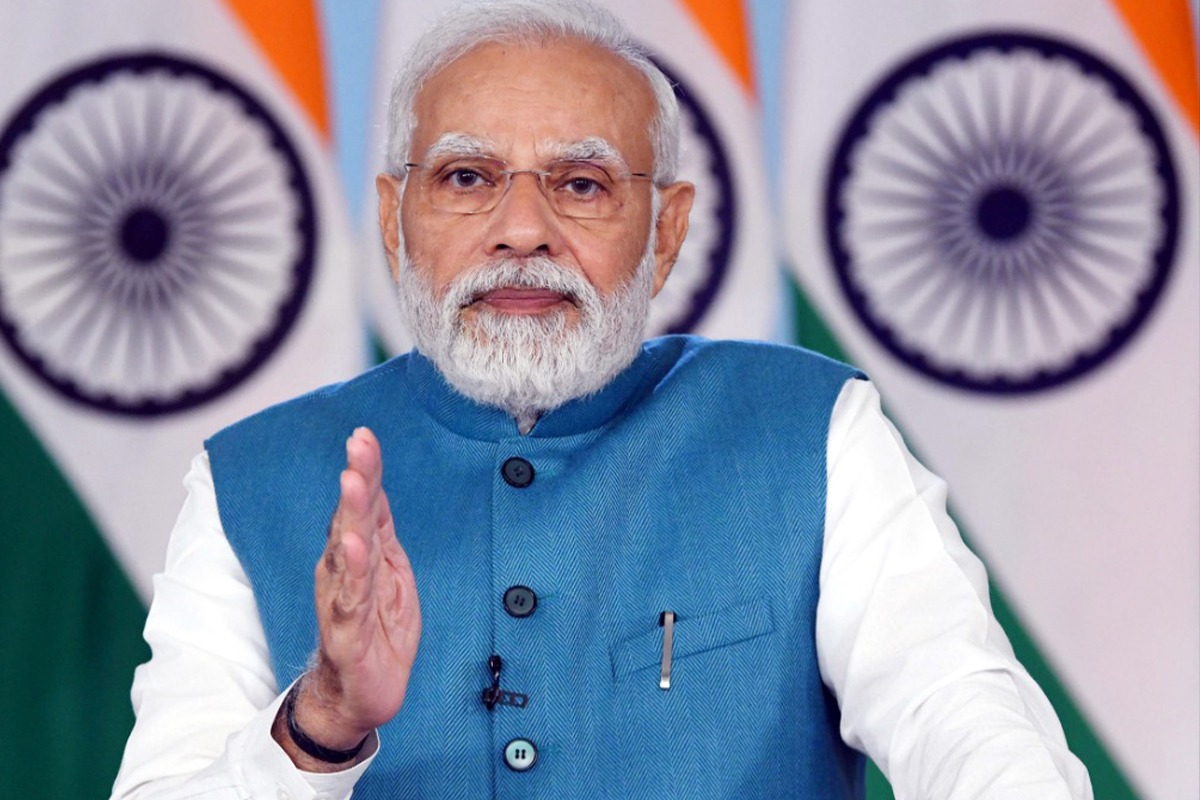Economic Advisory Council to the Prime Minister (PMEAC), a non-Constitutional, non-permanent and independent body constituted to give economic advice to the government of India, has challenged the research methodology of scoring countries in three major global reports: Freedom in the World Index, Varieties of Democracy (V-DEM) Indices, and Economist Intelligence Unit (EIU) Democracy Index.
PMEAC members Sanjeev Sanyal and Akanksha Arora on Tuesday issued a working paper in which they analysed the three “perception-based” indices.
In the Freedom in the World Index, India’s score on Civil Liberties was flat at 42 till 2018 but dropped sharply to 33 by 2022; that for Political Rights dropped from 35 to 33.
In the FWI index, India has been placed below countries like Northern Cyprus, an area/country not recognized by the European Union (EU). It is under Turkish military occupation and thus indefinitely exempt from EU legislation until a settlement has been found.
In the EIU Democracy Index, India is placed in the category of “Flawed Democracy” and its rank deteriorated sharply from 27 in 2014 to 53 in 2020 and then improved a bit to 46 in 2021.
In the V-DEM index, India has been termed as an “Electoral Autocracy” in the 2021 report, the same as it was during the period of Emergency. The Liberal Democracy Index has declined from 0.567 in 2013 to 0.357 in 2021.
There are serious problems with the methodology used in these perception-based indices, the PMEAC statement said.
According to the paper, ‘These indices are not an appropriate measure of democracy across all countries. First, these indices are primarily based on the opinions of a tiny group of unknown experts.”
“Second, the questions that are used are subjective and are worded in a way that is impossible to answer objectively even for a country, let alone compare across countries. And third, there are questions that should be asked but are excluded,” the statement reads.
The council report also said that the reports lack credibility as it placed Northern Cyprus above India.
It also requested the World Bank to ensure greater transparency and accountability from these institutions since these indices are inputs into the World Governance Indicators.
Independent Indian think tanks should be encouraged to do similar perception-based indices for the world in order to break the monopoly of a handful of western institutions, it said.

